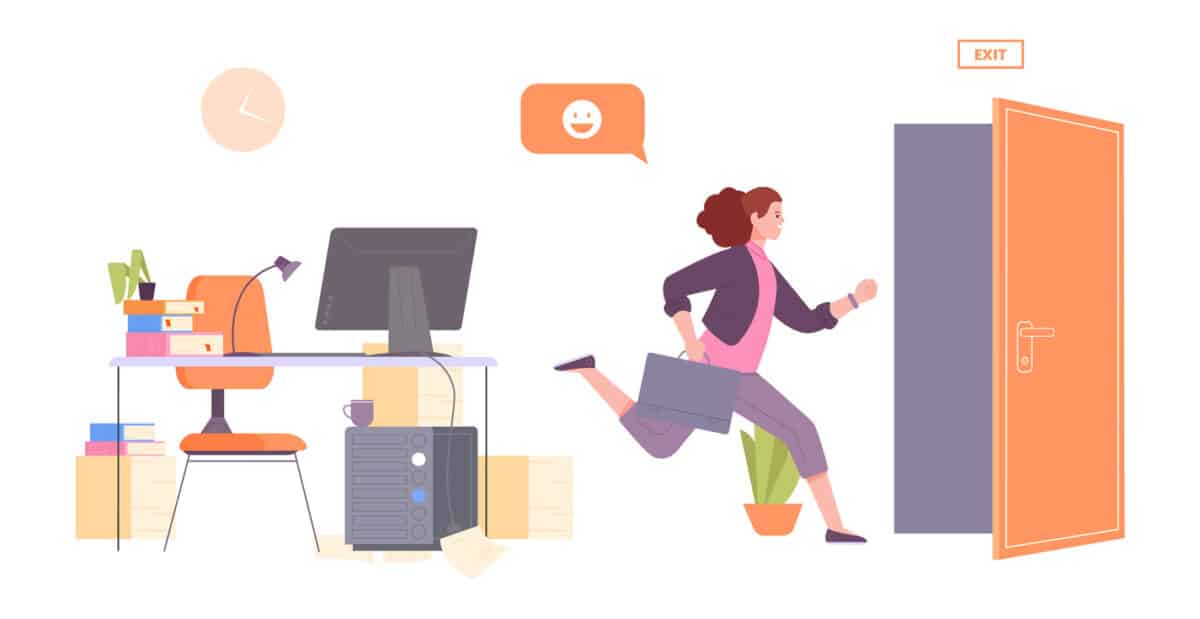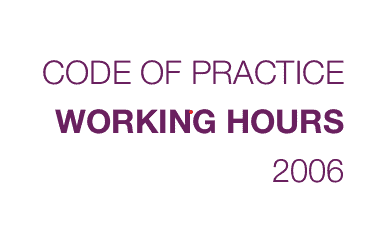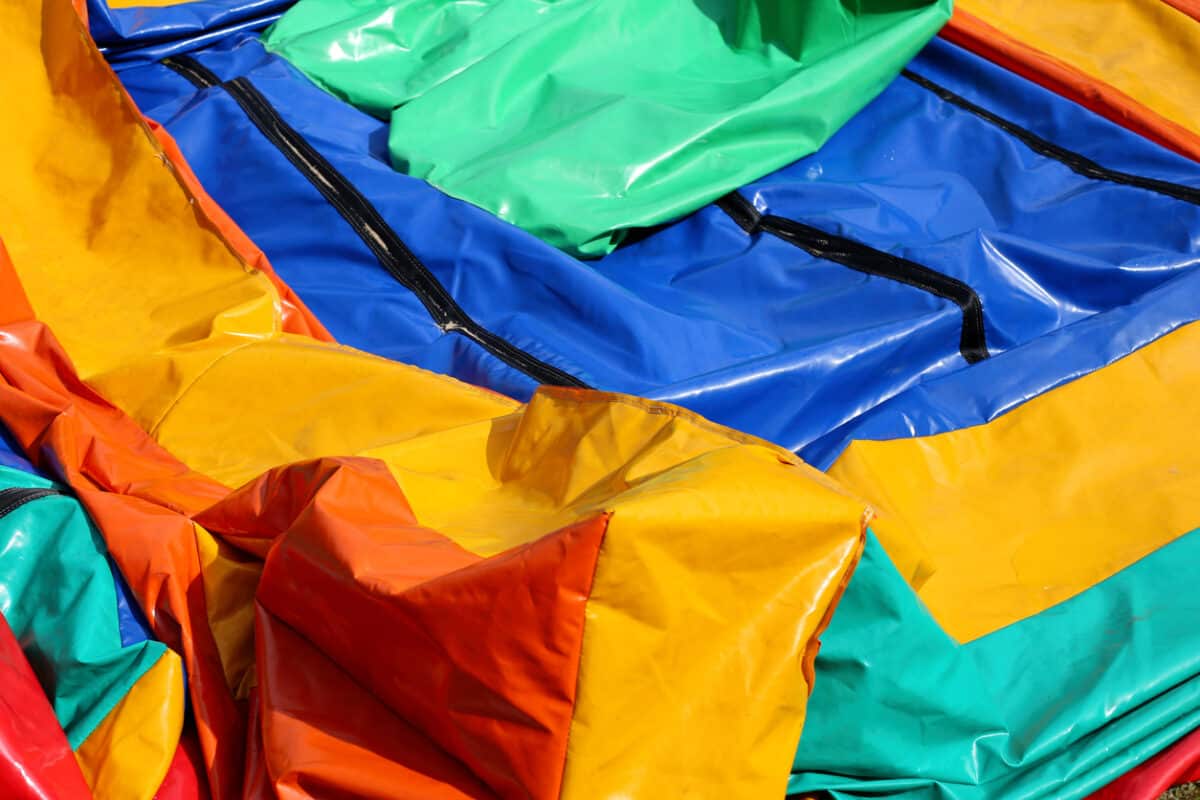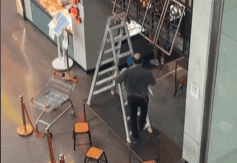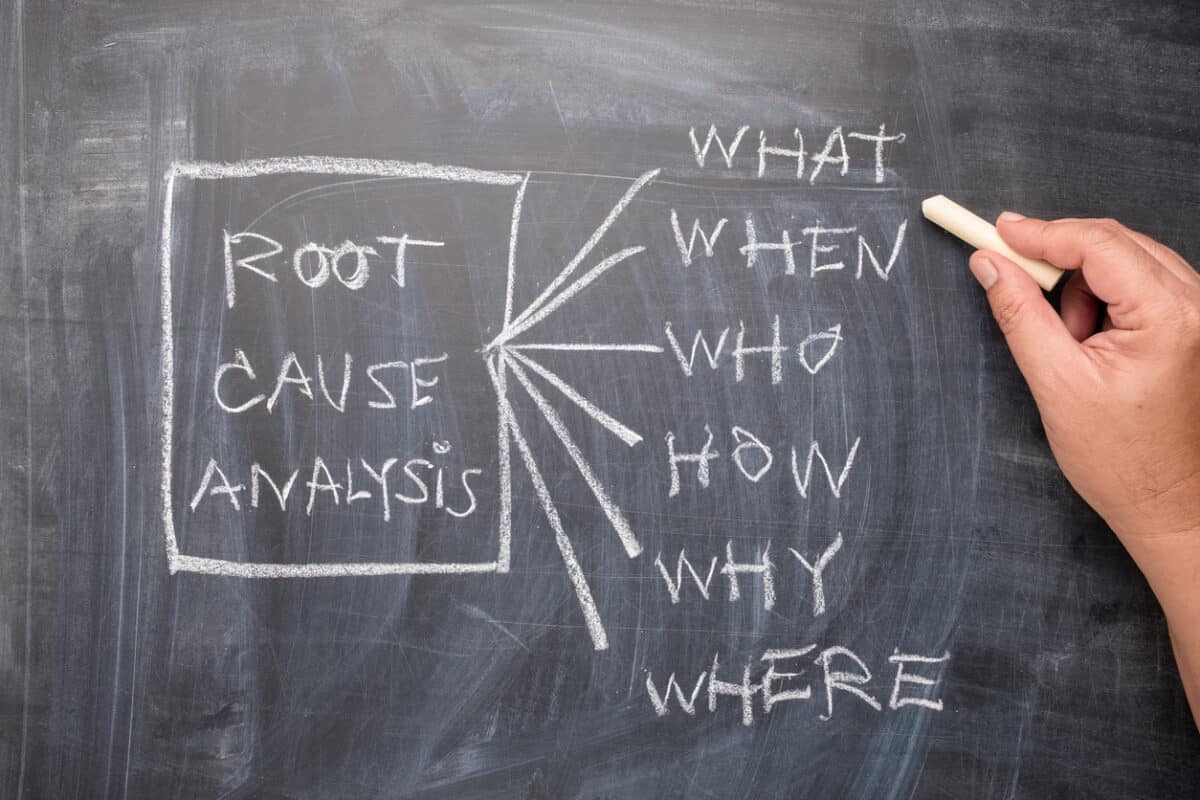Denise Zumpe is an Australian occupational health and safety (OHS) professional who focuses on workplace health and safety matters in the transport sector. Below is a letter that she intended to send to The Age and writer Esther Linder outlining some inaccuracies in an Australian Associated Press article (paywalled) concerning the jailing of Cris Large, a court case discussed in an earlier SafetyAtWorkBlog article.
“A former transport executive has been jailed for up to three years for his reckless workplace behaviour in the lead-up to a crash that killed four police officers on Melbourne’s Eastern Freeway.”
The AAP article appeared in a number of Australian media. An amended version appeared on ABC News.


